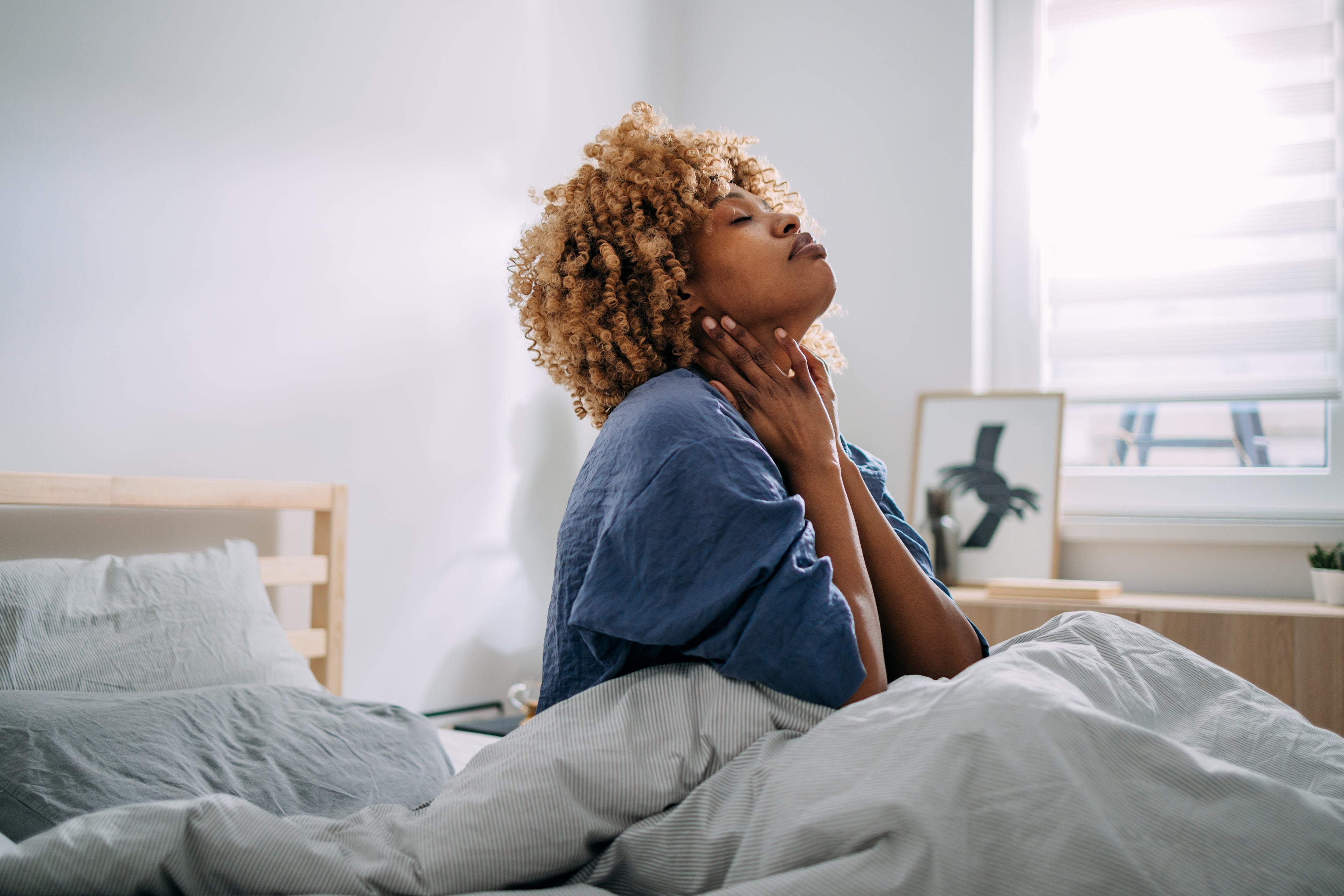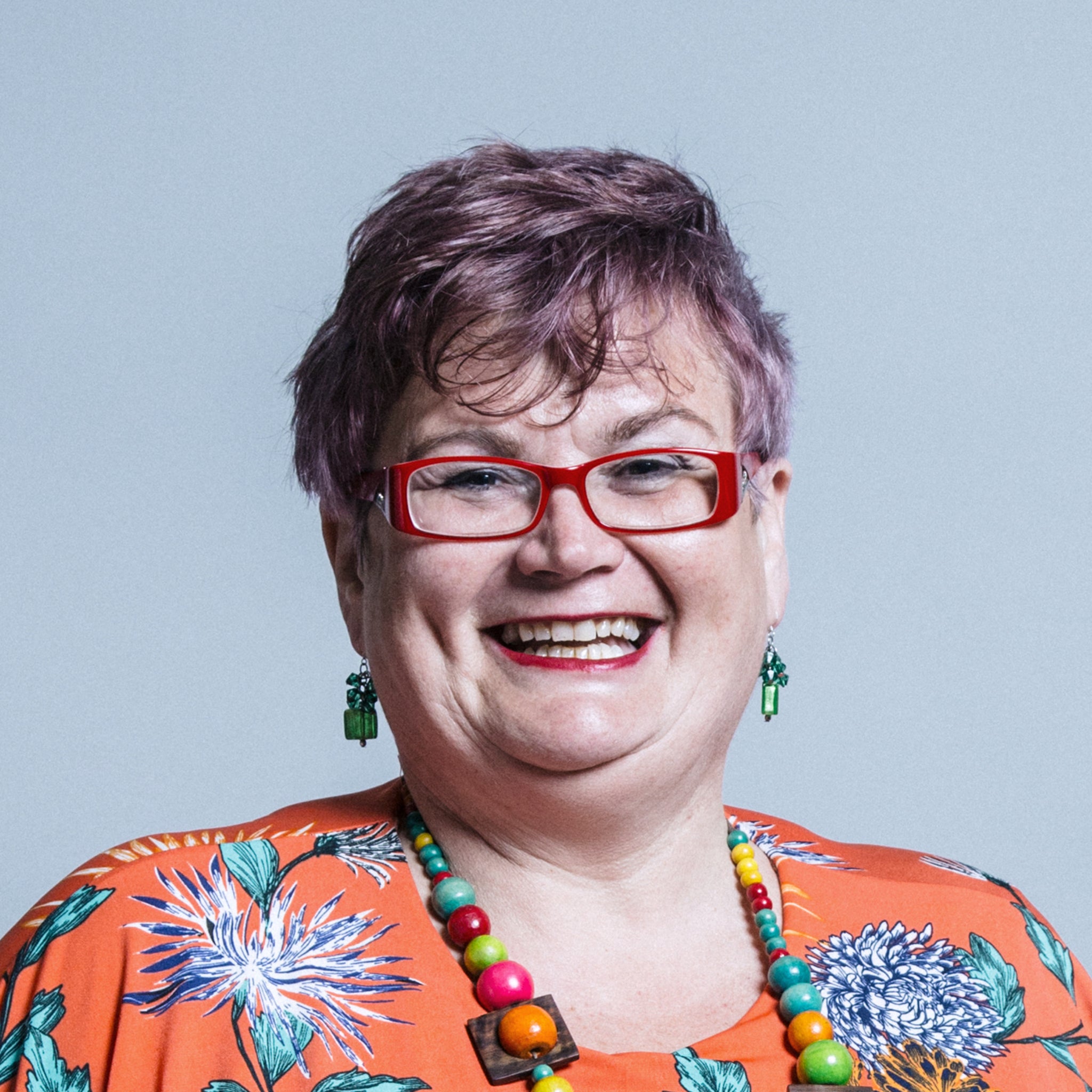Black menopausal women almost 5 times less likely to be on HRT than white women
Women’s health campaigner says racial disparities in HRT usage are linked to mistrust of medical professionals fuelled by structural racism

Black menopausal women are almost five times less likely to be on hormone replacement therapy than white women, new research has found.
A study by the Menopause All Party Parliamentary Group discovered there are almost five times fewer black women and around four times fewer Asian women on hormone replacement therapy (HRT) than white women.
HRT is used to alleviate menopause symptoms and many women credit the treatment as being “life-changing”. An estimated 13 million women are going through the menopause in the UK – a substantial proportion of whom will be experiencing debilitating symptoms including heart palpitations, hot flushes, headaches, vaginal pain, anxiety and depression.
Researchers, who examined data for 1.85 million female patients between the ages of 45 and 55, found five per cent of black women and six per cent of Asian women were taking HRT - substantially below the 23 per cent of white women who were on the treatment.
Black women have been having to advocate for themselves within healthcare settings since being a teenager, so by the time they get to menopause, the distrust has grown and this lack of trust is something which is passed down from families.
Almost twice as many women from the most affluent backgrounds were found to be on HRT - which amounts to 23 per cent - in comparison to those who were the most deprived.
Le'Nise Brothers, a women’s health campaigner and nutritionist, told The Independent the racial disparities in HRT usage are linked to a wider mistrust in medical professionals that has been fuelled by a long history of structural racism.
She said: ”This research doesn’t surprise me. Black and Asian women are less likely to be believed when they speak to a doctor and they have to do a lot more self-advocacy than their white counterparts.”

Black women are almost four times more likely to die in childbirth than white women, Ms Brothers, who has written a book called You Can Have a Better Period, noted.
She added: “Black women have been having to advocate for themselves within healthcare settings since being teenagers, so by the time they get to menopause, the distrust has grown and this lack of trust is something which is passed down from families.
There are communities that, for whatever reason, are not accessing this treatment and it is vital that we find a way to bridge the gap.
“Structural racism does play a role - there are still medical professionals who believe black people experience pain much less than white people.”
Previous research by leading gender equality charity the Fawcett Society found Black and minoritised women were radically more likely to experience delays in the menopause being identified as well as lower rates of HRT usage.
Carolyn Harris, a Labour MP who leads on the menopause and chairs the parliamentary group, said: “Whilst HRT might not be the right treatment for everyone, it should be easily available to those women who want it.

“But the worrying disparities reflected in this report tell a very different story and demonstrate why there is still so much work to do. There are communities that, for whatever reason, are not accessing this treatment and it is vital that we find a way to bridge the gap to ensure better outcomes for all patients”.
Janet Lindsay, chief executive of the charity Wellbeing of Women, added: “The huge disparities in this report demonstrate a worrying trend towards a two-tier system of menopause care. We must ensure our health systems are designed for all women in society, not just the white and privileged.”
Join our commenting forum
Join thought-provoking conversations, follow other Independent readers and see their replies
Comments